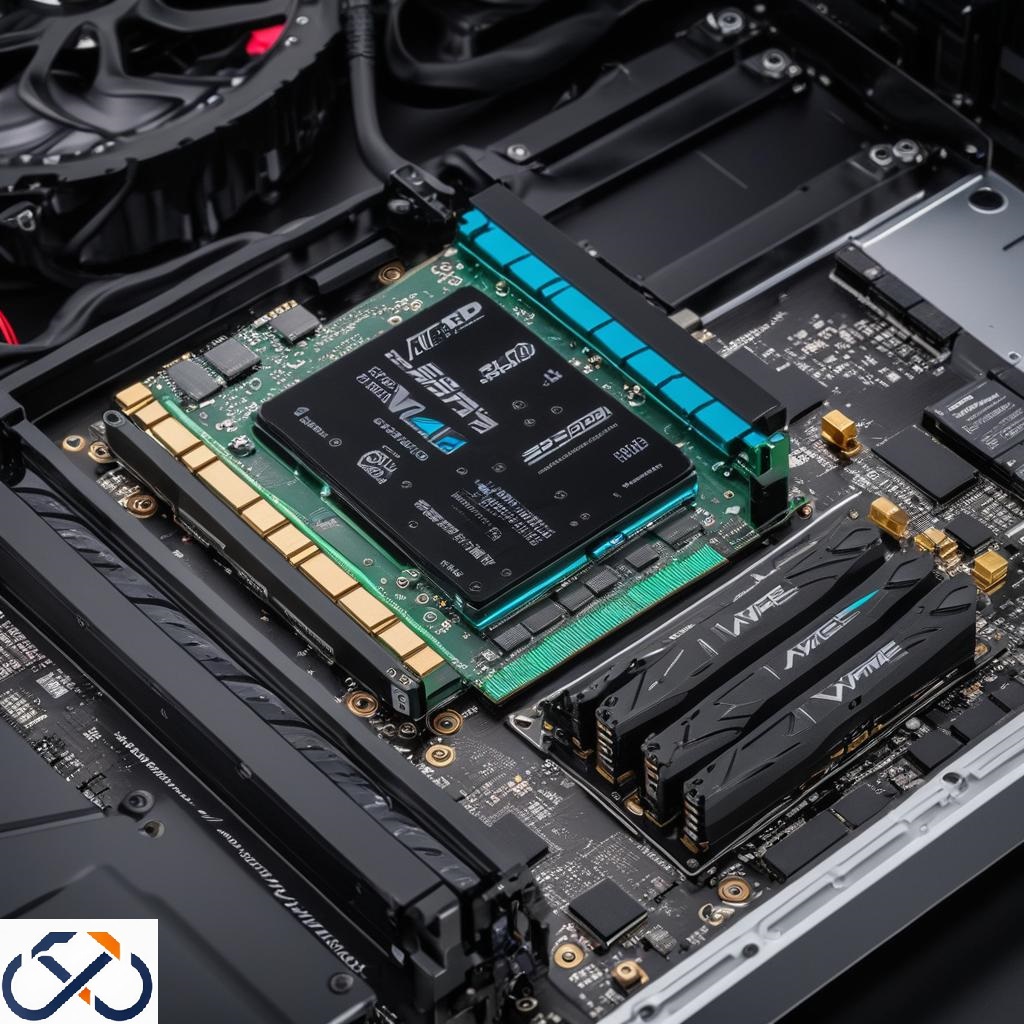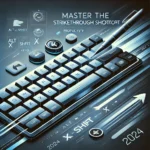Introduction
Are you tired of constantly uninstalling games to make room for new ones? You’re not alone! According to a recent survey, 68% of gamers struggle with storage space on their PCs. But fear not, fellow gamer! I’m here to guide you through the exciting world of PC storage expansion. Whether you’re a casual player or a hardcore enthusiast, this guide will help you level up your storage game. Get ready to say goodbye to the dreaded “disk space full” message and hello to a library full of your favorite titles!
Understanding Your Current Storage Situation
Assessing Your PC’s Existing Storage Capacity
Before diving into new storage solutions, take stock of what you have. Check your current storage capacity and usage to understand how much free space you have and what types of drives are installed.
Identifying Bottlenecks in Your Current Setup
Are you facing slow load times or frequent game uninstalls? These could be signs of storage bottlenecks. Identifying these issues will help you decide on the best upgrade path.
Recognizing Signs That You Need More Storage
If your games are frequently being pushed out due to lack of space, or if you notice significant lag, it’s time to consider an upgrade.
Determining the Type of Storage Your Motherboard Supports
Ensure your motherboard supports the type of storage you’re considering. Check for available SATA ports, M.2 slots, and PCIe lanes to optimize compatibility.
Solid State Drives (SSDs): The Speed Demons of Storage
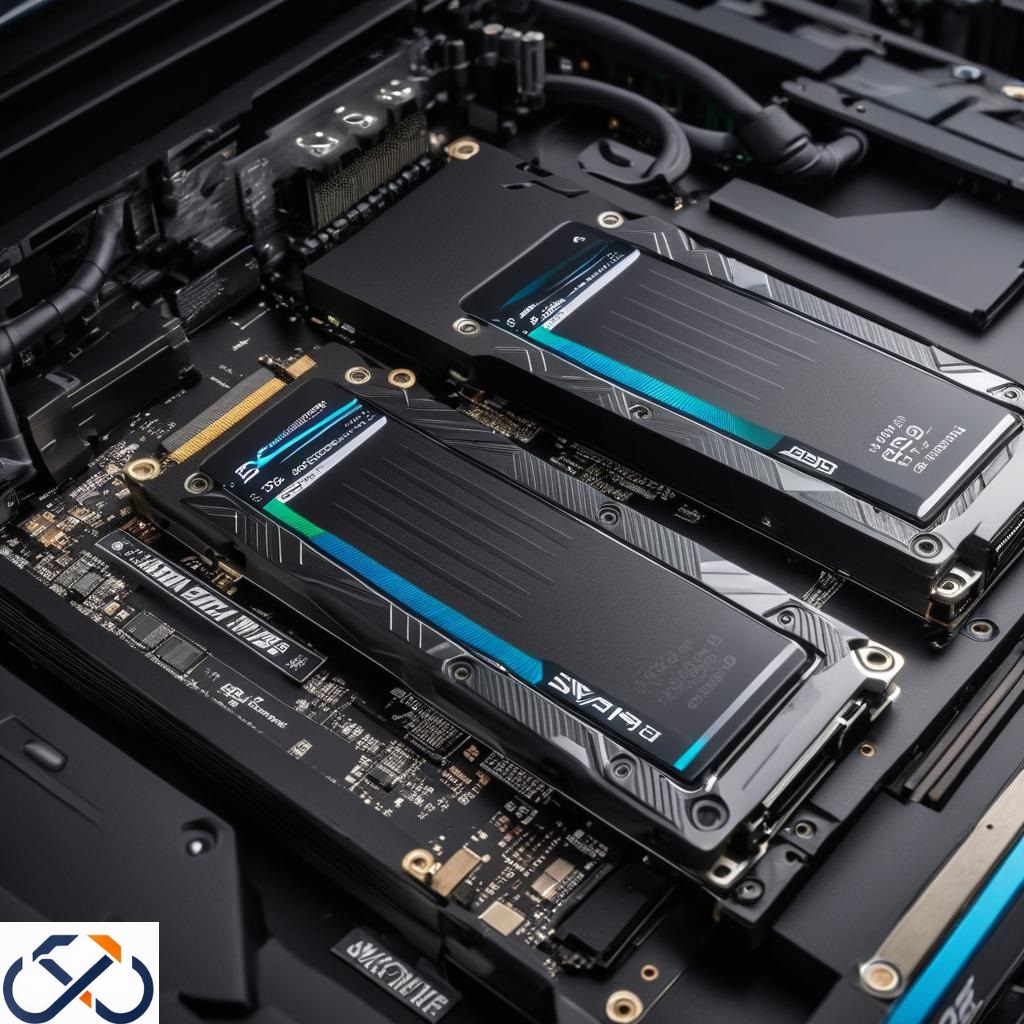
Explaining the Benefits of SSDs for Gaming
SSDs are known for their superior speed compared to HDDs. This translates to faster load times, reduced lag, and smoother gameplay experiences.
Comparing SATA SSDs vs. NVMe SSDs
- SATA SSDs: More affordable and widely compatible but slower compared to NVMe.
- NVMe SSDs: Higher speeds and performance, ideal for gamers seeking the best load times.
Recommended SSD Capacities for Gamers
For most gamers, a 1TB SSD is a great starting point. However, if you’re managing a large game library or using high-resolution textures, consider a 2TB or larger NVMe SSD.
Installation Tips for Adding an SSD to Your Gaming Rig
Installing an SSD is generally straightforward. Ensure you have the correct connectors and mounting brackets. Follow your motherboard’s instructions for adding an SSD and initializing it through BIOS.
Hard Disk Drives (HDDs): Budget-Friendly Bulk Storage
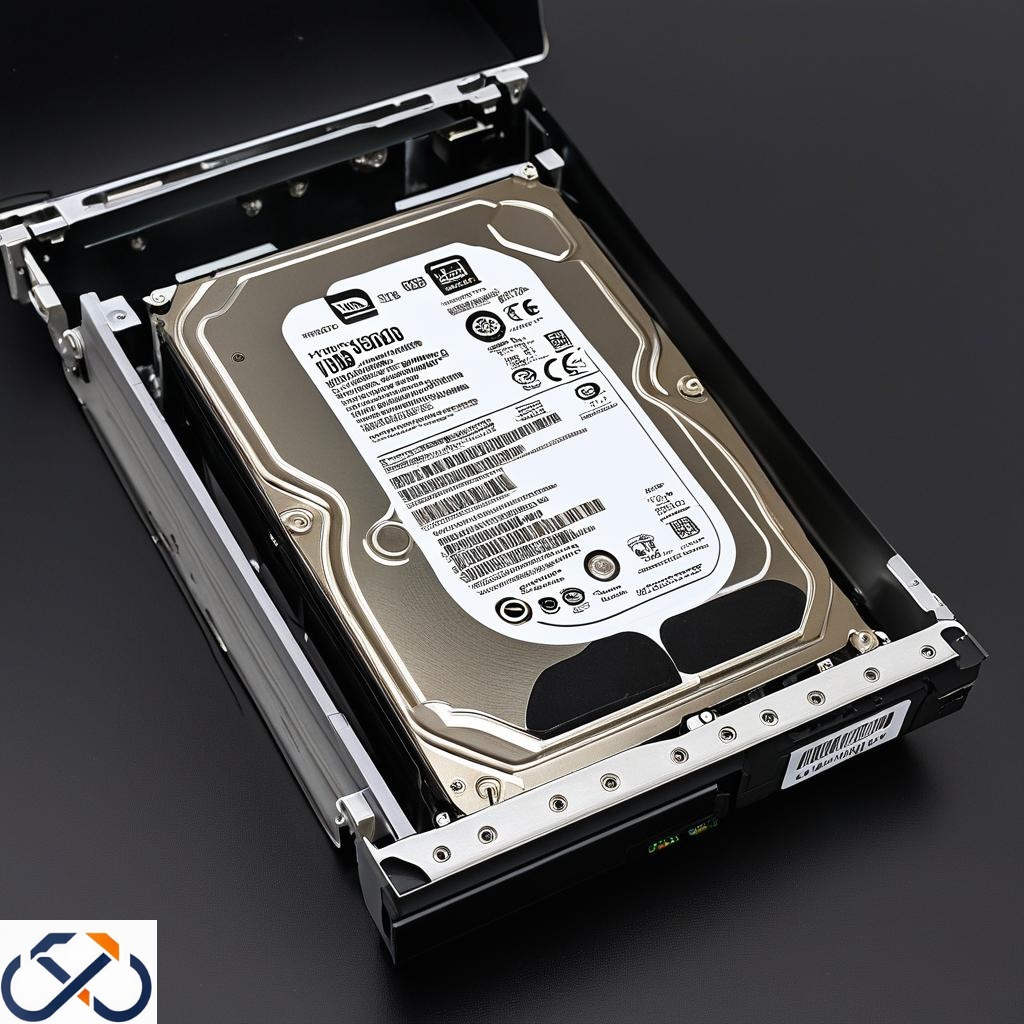
The Role of HDDs in Modern Gaming Setups
HDDs offer large storage capacities at a lower cost. They are ideal for storing a vast number of games, especially those that are less frequently played.
Balancing Speed and Capacity with HDDs
While slower than SSDs, HDDs can still provide ample storage for game files and media. Use HDDs for less speed-sensitive applications and larger game libraries.
Ideal Scenarios for Using HDDs in Gaming PCs
Consider HDDs for games with longer load times or those that do not require fast read/write speeds. They are also useful for archiving older game titles.
Tips for Optimizing HDD Performance for Gaming
Defragmenting your HDD and ensuring it’s not overloaded with non-gaming files can help maintain performance. Regular maintenance and avoiding excessive fragmentation are key.
External Storage Solutions: Flexibility for Gamers on the Go
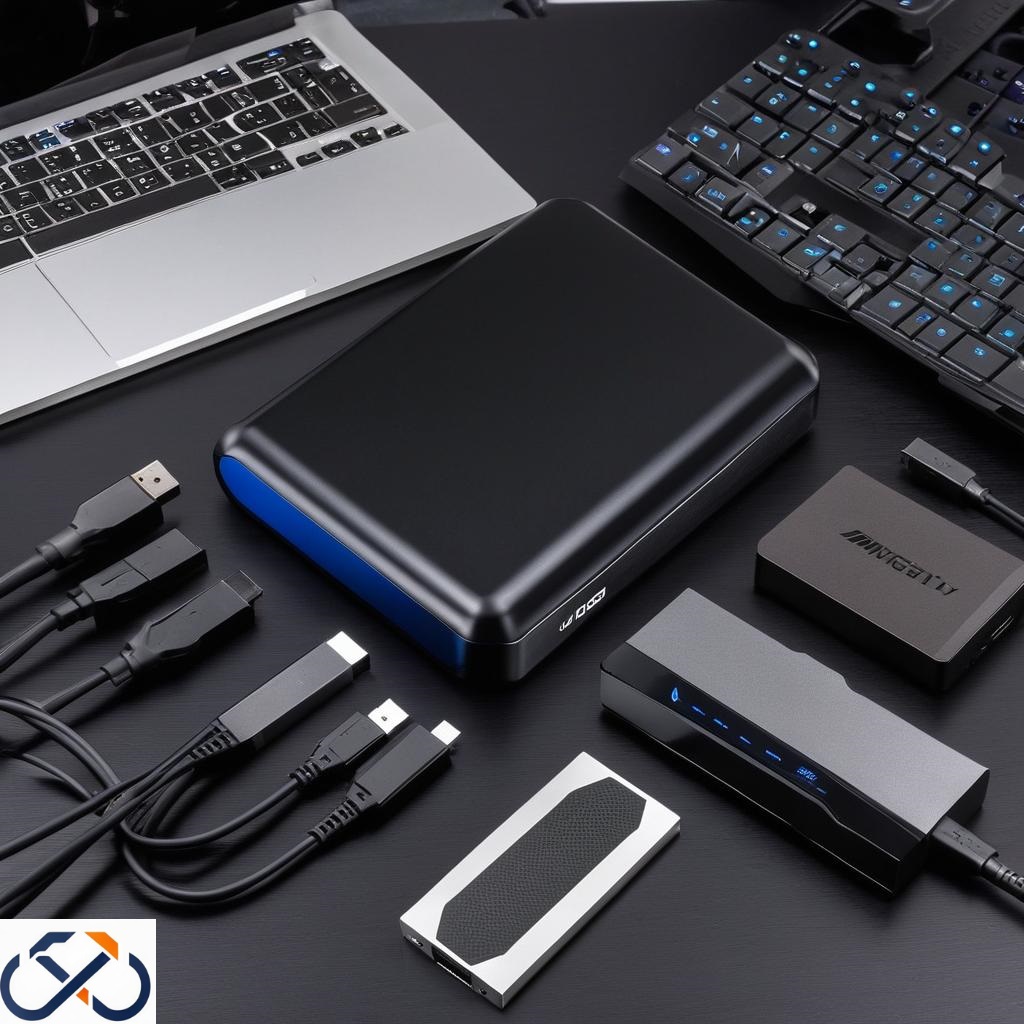
Exploring External SSDs and HDDs for Gaming
External drives offer flexibility and additional storage without opening up your PC. They are perfect for gamers who need to transport their game libraries.
USB 3.0 vs. USB-C: Which is Best for External Game Storage?
- USB 3.0: Common and sufficient for most gaming needs, but slower compared to USB-C.
- USB-C: Offers faster data transfer rates, beneficial for gaming applications requiring quick load times.
Portable Game Libraries: Playing Directly from External Drives
Many modern games and platforms support running games directly from external drives. This can be a practical solution for expanding your storage without internal upgrades.
Cloud Gaming and Its Impact on Local Storage Needs
Cloud gaming services can reduce local storage requirements by streaming games instead of storing them on your PC. However, this requires a reliable internet connection.
RAID Configurations: Leveling Up Your Storage Game
Understanding RAID and Its Benefits for Gamers
RAID (Redundant Array of Independent Disks) configurations can enhance performance and redundancy. For gaming, RAID setups can improve load times and data security.
Popular RAID Setups for Gaming PCs
- RAID 0: Stripes data across multiple drives for faster read/write speeds but lacks redundancy.
- RAID 1: Mirrors data across drives for redundancy but does not improve speed.
Pros and Cons of Implementing RAID for Game Storage
RAID can boost performance and provide backup, but it may involve higher costs and complexity. Evaluate your needs before setting up a RAID array.
Step-by-Step Guide to Setting Up a RAID Array
Consult your motherboard manual for RAID setup instructions. Ensure you have identical drives and follow the configuration steps in BIOS or RAID management software.
Optimizing Your New Storage Setup
Organizing Your Game Library Across Multiple Drives
Distribute your games strategically across drives to balance load times and free space. Store frequently played games on faster drives for quick access.
Using Symbolic Links to Manage Game Installations
Symbolic links can help manage game installations across different drives. This technique allows games to appear in their usual directories while physically residing on another drive.
Regular Maintenance Tips for Peak Storage Performance
Regularly check for drive health, defragment HDDs, and clean up unnecessary files to maintain optimal performance.
Software Tools for Monitoring and Managing Your PC’s Storage
Utilize software tools to monitor storage health, manage files, and optimize performance. Tools like CrystalDiskInfo and CCleaner can be invaluable.
Conclusion
Congratulations! You’re now equipped with the knowledge to supercharge your gaming PC’s storage capacity. Remember, the key is to find the right balance between speed, capacity, and budget that works for you. Whether you opt for a blazing-fast NVMe SSD, a massive HDD, or a combination of both, you’ll never have to sacrifice your favorite games for storage space again. So go ahead, expand that storage, and dive into your epic gaming adventures without limits! Your future self (and your game library) will thank you. Happy gaming, and may your load times be ever in your favor!
